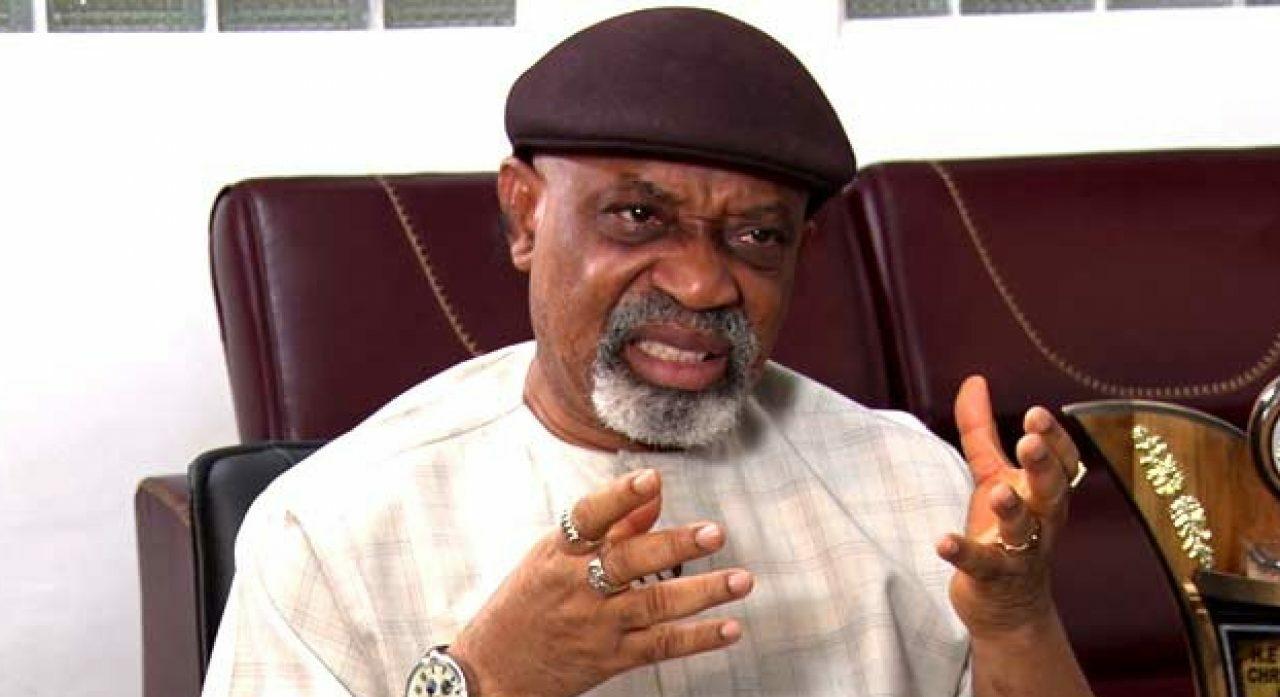President Muhammadu Buhari reportedly met with the Economic Advisory Council (EAC) last weekend in Abuja, in what appears to be a move to chart new policy direction for the Nigerian economy in 2020.
According to information gathered by Nairametrics, the members of the EAC, which include Prof. Doyin Salami (Chairman), Vice-Chairman, Dr Mohammed Sagagi, and Prof. Chukwuma Soludo, among others were reportedly in attendance.
Recall when the EAC was inaugurated, the Presidency stated that the advisory council would replace the current Economic Management Team (EMT) and report directly to the President.
According to the Presidency, the EAC would advise the President on economic policy matters, including fiscal analysis, economic growth and a range of internal and global economic issues working with the relevant cabinet members and heads of monetary and fiscal agencies.
New Policy Directions?
The Nigerian economy faces what policy experts and analysts describe as a tepid and unpredictable investment atmosphere in 2020, and the EAC may have just met to evaluate the state of the economy and decide on the next major policy directions to rescue the ailing economy.
In 2019, several policy measures put in the place by President Muhammadu Buhari’s administration include increasing the list of items restricted for Foreign Exchange (FOREX), closing the border, restricting individual purchase of fixed income securities, providing incentives to foreign investors in the OMO market, raising the Loan-to-deposit ratio for Banks, review bank charges, review of POS stamp duty, among others.
Criticisms continue to trail several of the policies as experts fear policy misalignment from the CBN which may drag Nigeria into other economic woes.
Naira Devaluation
Several of the policies implemented in 2019 attracted several criticisms, and experts are of the opinion that naira devaluation may be in the pipeline in 2020 despite the Central Bank’s continuous move to try and ease pressure on demand for foreign exchange and the country’s external reserves.
As earlier reported by Nairametrics, the country’s foreign reserves dropped by $4.45 billion from the $43.07 billion recorded in January 2019 to $38.61 billion in December 2019. As at the time of filing this report, the country’s foreign reserves stood at $38.2 billion.
Recall the CBN governor, Godwin Emefiele remarked in 2019 that “if external reserves drop to between $30 billion and $25 billion, and oil price falls between $50 and $45, the apex bank could consider moving on to float the exchange rate and devalue the naira”. Meanwhile, experts have stated that the CBN may pull the plugs on naira at any moment if the reserves deplete slightly further as the economy will be left with no other choice than to devalue the naira.
[READ MORE: Nigerian economy in 2019, outlook for 2020]
Other critical concerns
Global headwinds continue to affect Nigeria’s fiscal sustainability, although, the year 2020 is expected to heap a sigh of relief as the U.S-China trade war continues to show signs of a truce.
Meanwhile, the Central Bank recently disclosed that the country’s revenue and forex supply was exposed to shocks from the international oil market as Nigeria depends on crude oil for more than 60% of fiscal revenue and over 90% of forex earnings.
More so, recent oil price surge recorded due to the military crises between Iran-U.S has waned too quickly. This means the oil price is likely to stay just slightly above Nigeria’s 2020 budget benchmark, and this may drive the government further into the debt market.
Already, one important component hitting on the country’s reserves hard is debt service payment. In 2019, Nigeria spent a whopping $1.31 billion to cover external debt obligations.















Devaluation is not
I still not understand this article.GOVT HAVE SAID ECO WILL REPLACE NAIRA IN THIS MONTH,i was looking forward on the operation of eco,which they said,it will be based in Senegal,now I am loking on what is the relationship of NCN will be now,as Nigeria controls about 70 % of business in west Africa and economic activity.i suspect there will be friction between the cbn and this eco central bank,i think this eco bank is unworkable in this suitiation.
When did Godwin said,they will devalue the naira vs against other forex currency,the cbn have actively intervene directly and indirectly in forex and opens the window access to many, without affecting the govt’s reserve,i.e the cbn have much ammunition and guns to defend the naira,their intervention previously action was aim for stability and accessibility through what I can say my own forex open market operation.
I thought we have passed this stage of this article,i am looking forward to a new Nigeria amen.make nairametric great agiain,sorry make Nigeria greater and greater again